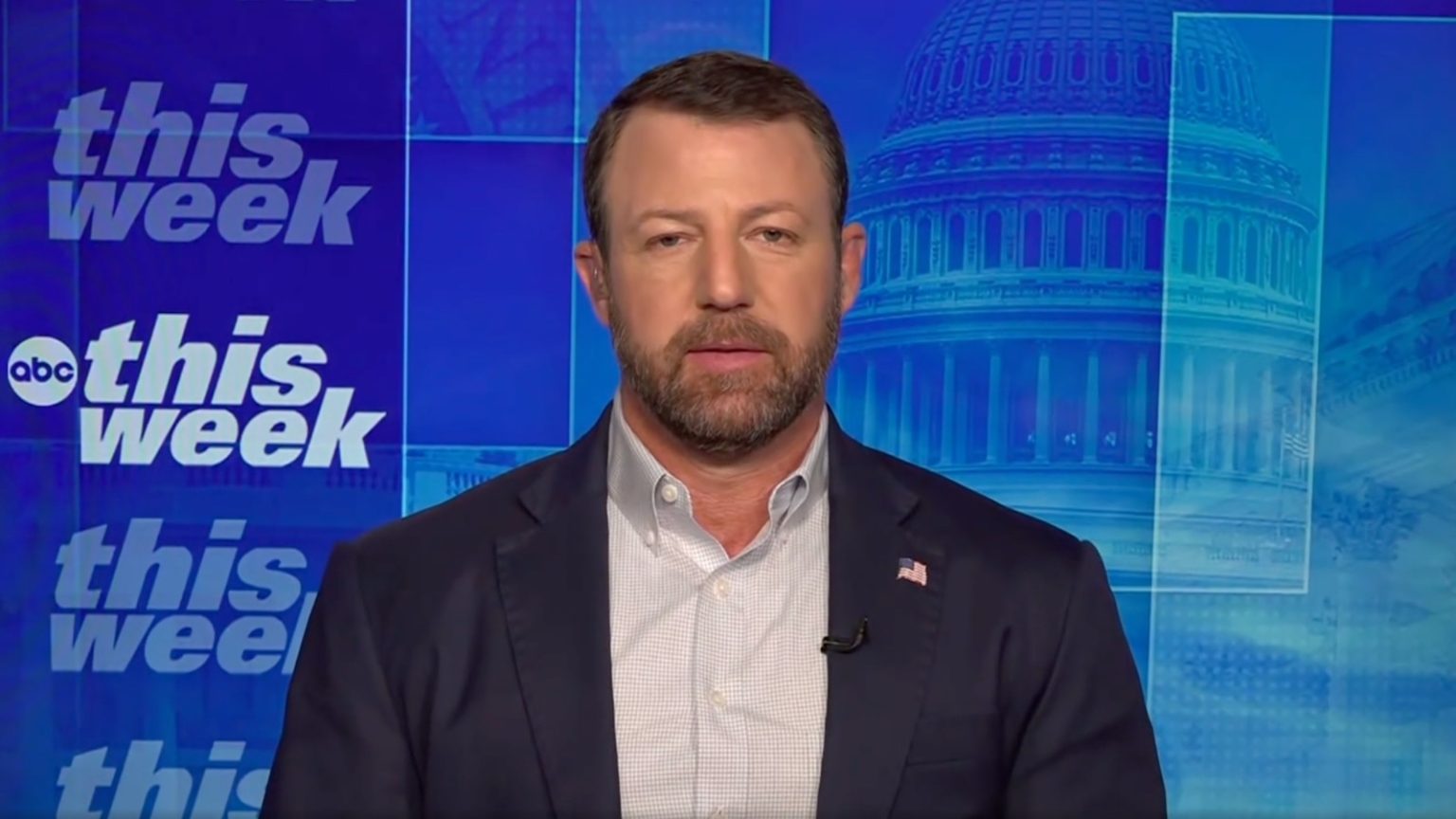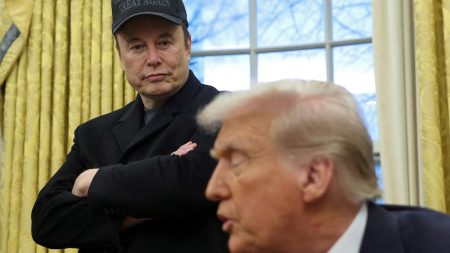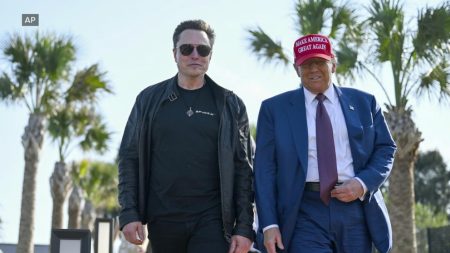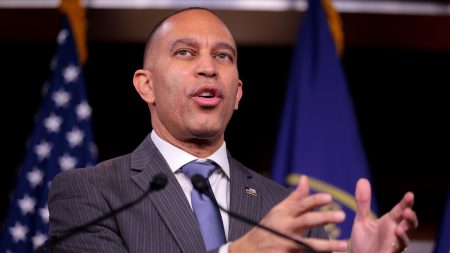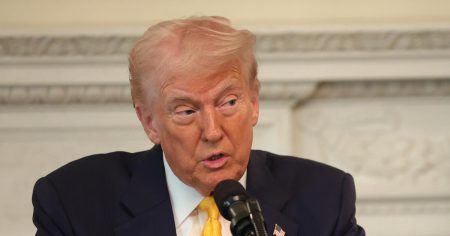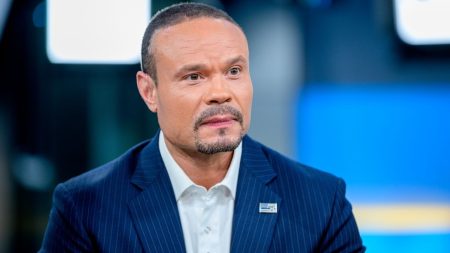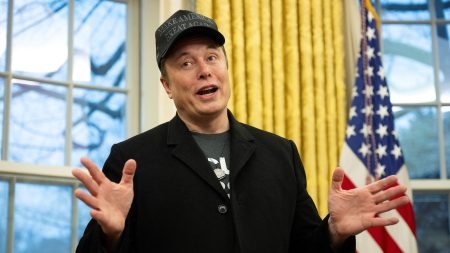The Ongoing Conflict in Ukraine and the Role of U.S. Diplomacy
The conflict in Ukraine has captivated the global stage, with profound implications for international relations and security. Amidst this turmoil, Senator Markwayne Mullin has emerged with a compelling perspective, suggesting that former President Donald Trump possesses the unique ability to influence Russian President Vladimir Putin towards negotiating an end to the war. This assertion by Senator Mullin opens a dialog on the potential role of U.S. intervention and diplomacy in resolving the conflict.
The Potential of U.S. Intervention in Ukraine
Senator Mullin emphasizes the pivotal role the United States could play in altering the trajectory of the war. He posits that a comprehensive commitment of resources, including military aid and strategic assets, could significantly shifts the balance in Ukraine’s favor. This intervention, Mullin argues, would place Putin in a precarious position, compelling him to reconsider his stance. The Senator’s viewpoint underscores the influence the U.S. can exert through its extensive resources and geopolitical leverage, potentially reshaping the conflict’s dynamics.
A Strategic Approach to Diplomacy with Russia
At the heart of Mullin’s argument lies a strategic approach to diplomacy, where Trump could leverage U.S. strength to negotiate a favorable peace deal. By communicating a clear message to Putin—either negotiate or face increased U.S. involvement—Trump could pressure Russia into a diplomatic resolution. This tactic hinges on the premise that Putin recognizes the formidable military and economic might of the U.S., making direct engagement a viable path to de-escalation.
The Art of Negotiation in International Conflicts
Negotiation plays a crucial role in international diplomacy, offering a peaceful resolution to conflicts. Mullin’s suggestion highlights the importance of strategic communication in high-stakes diplomacy. Effective negotiation requires a deep understanding of both parties’ interests and vulnerabilities, leveraging these to forge mutually acceptable terms. The success of such diplomacy rests on the ability to create a scenario where both sides perceive negotiations as the most favorable outcome.
Ethical and Moral Considerations in Diplomatic Decisions
Diplomatic efforts, especially in conflict resolution, are fraught with ethical dilemmas. The decision to intervene militarily or pursue negotiations involves balancing immediate humanitarian concerns with long-term geopolitical strategies. Mullin’s stance raises questions about the morality of pressured negotiations and the potential consequences of increased U.S. involvement. These considerations underscore the complexity of ethical decision-making in international relations.
The Broader Implications of Diplomatic Strategies
The approach suggested by Senator Mullin reflects broader debates on the role of diplomacy in conflict resolution. It highlights the tension between military strength and diplomatic engagement, each with its own set of challenges and outcomes. The effectiveness of such strategies depends on various factors, including the political will of involved parties and the broader geopolitical landscape. The situation in Ukraine serves as a stark reminder of the intricate nature of international diplomacy and its far-reaching implications.
In conclusion, Senator Mullin’s perspective offers a nuanced view of the potential for U.S. intervention and diplomacy in ending the Ukraine conflict. While the path forward is fraught with challenges, the discussion underscores the critical role of strategic diplomacy in shaping global security and stability. As the international community navigates this complex landscape, the lessons from Ukraine will undoubtedly influence future diplomatic efforts and conflict resolution strategies.





